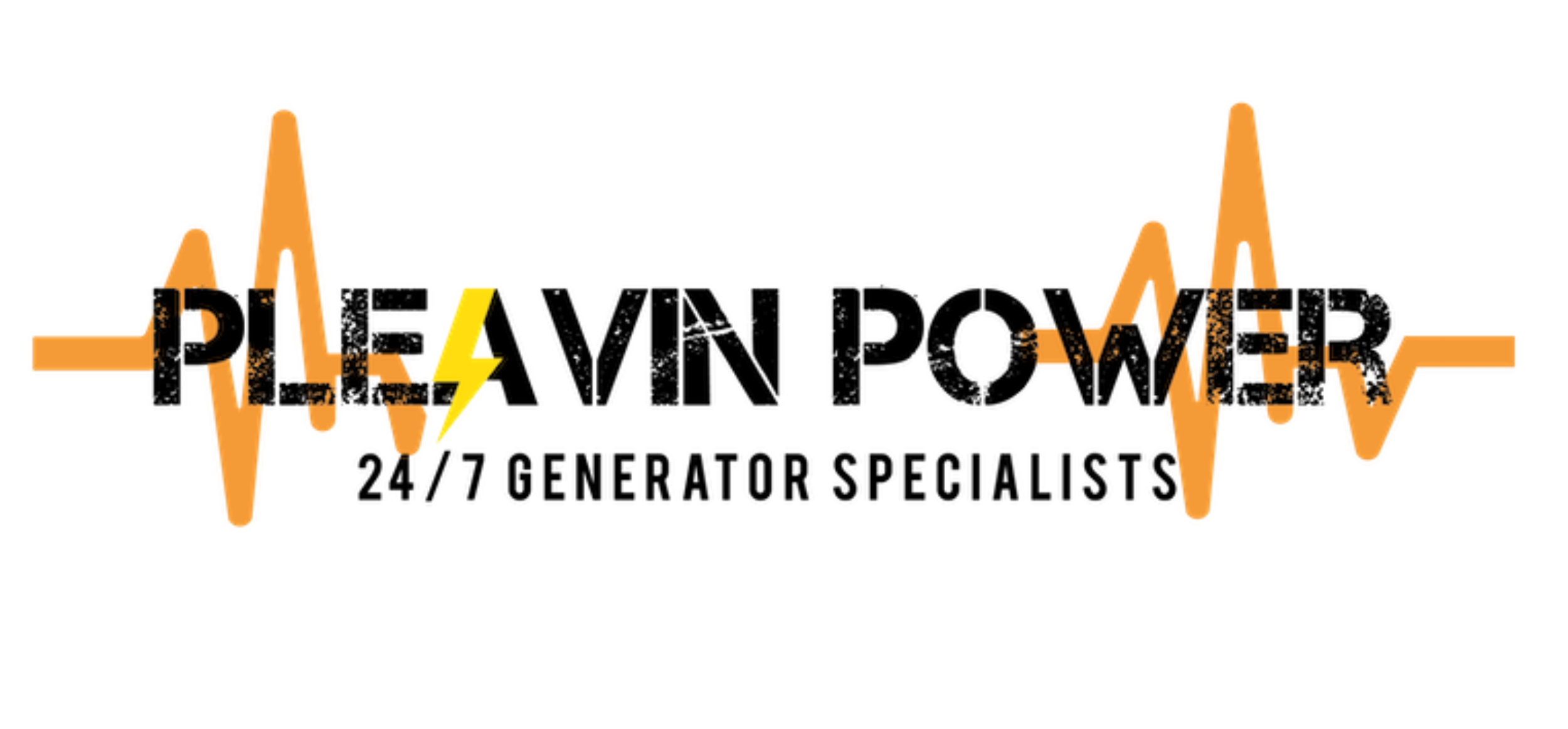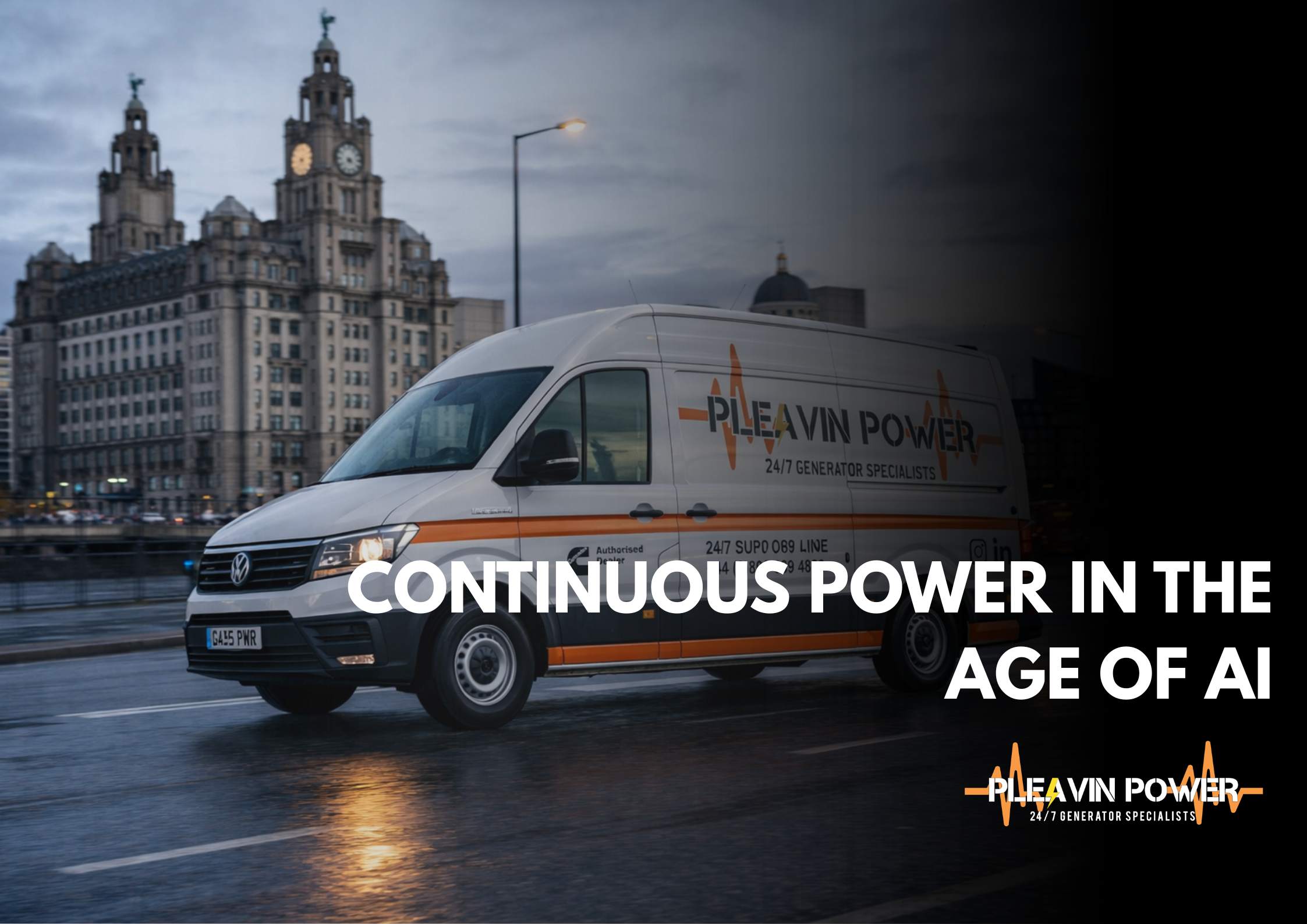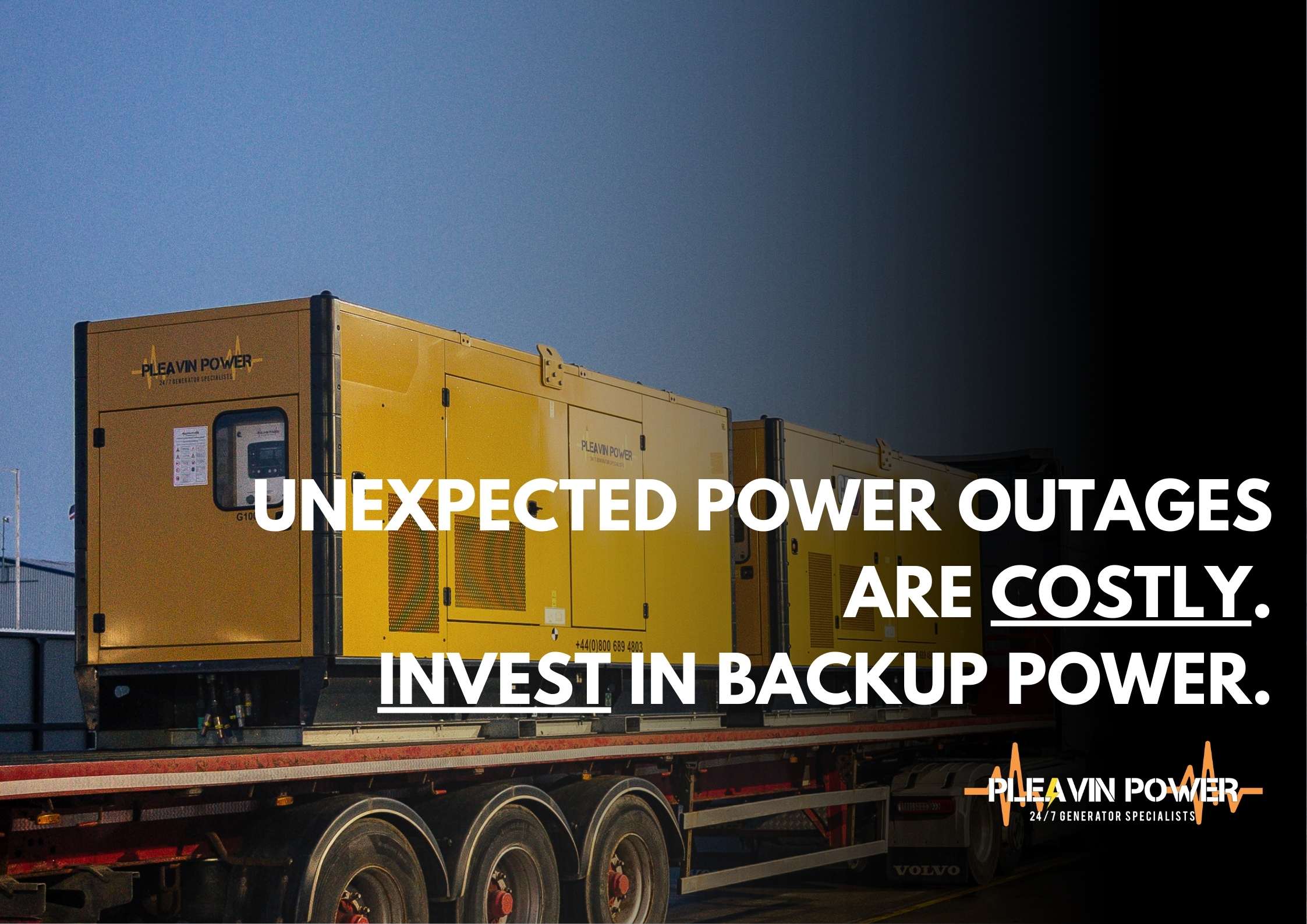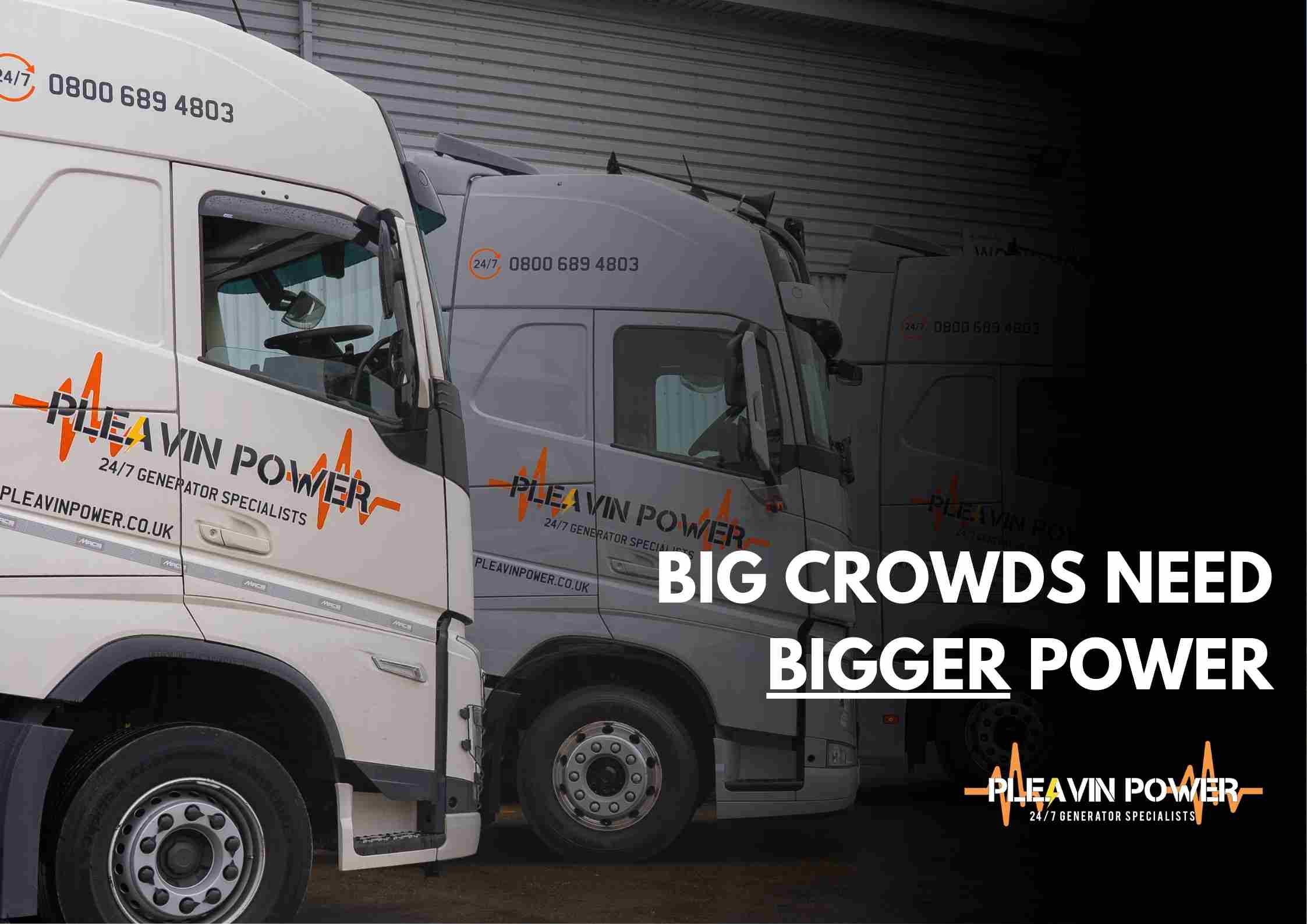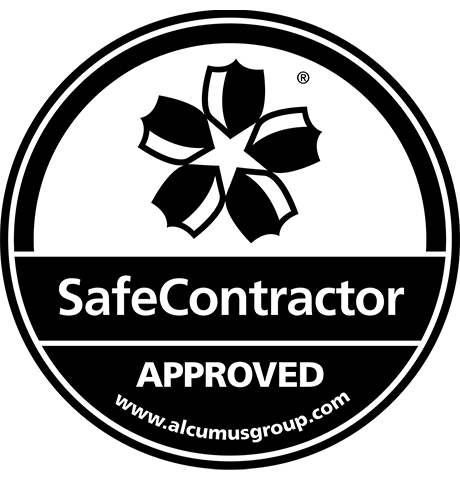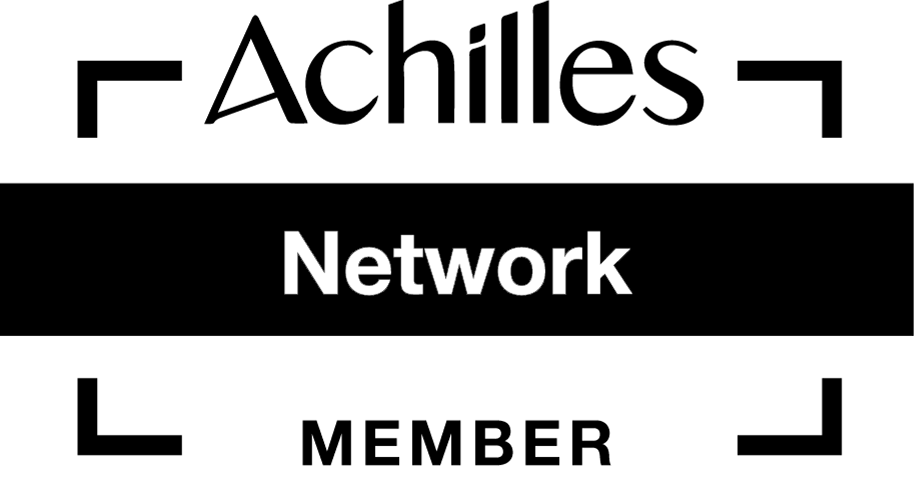In the UK, there are different ways to create your own electricity for your home or business space. From solar panels to power generators, you will always have your fair share of ways to generate sustainable electricity.
Whether as a backup power source or a primary means of energy production, understanding the legal standings surrounding the use of home power generation in the United Kingdom is crucial.
Throughout this blog post, we are going to be discussing the many ways in which you can generate electricity from home and the vast benefits that this can provide.
Ways to Generate Electricity
If you are planning on creating your own energy at home, one of the major things you will need to consider is which way you would like to generate energy. Each of your options presents its own set of benefits and drawbacks.
Solar Panels
Solar panels, also known as photovoltaic (PV) panels, are devices that convert sunlight into electricity. They are a key component of solar energy systems and play a crucial role in harnessing renewable energy from the sun.
Solar panels are made up of multiple photovoltaic cells. These cells are typically made of semiconductor materials, such as silicon. When sunlight strikes these cells, it generates an electric current through the photovoltaic effect.
The cells are arranged in a grid-like pattern on a solar panel. The cells are usually encapsulated in a protective material, often tempered glass, to ensure durability and protection against environmental factors.
Diesel Generators
Diesel generators are versatile and widely used power generation systems that convert diesel fuel into electrical energy. They play a crucial role in various applications, providing a reliable source of power in situations where a stable electrical supply is not readily available.
Diesel generators are known for their reliability and durability, particularly when coupled with professional maintenance services. They can operate for extended periods, providing a consistent power supply.
Diesel generators are commonly used as backup or standby power sources for critical facilities like hospitals, data centres, and emergency services in the event of a power outage.
In remote areas or locations without access to the electrical grid, diesel generators can serve as the primary source of power, providing electricity continuously. Diesel generators are prevalent on construction sites to power tools, machinery, and temporary facilities.
It is also important to note that diesel fuel has a higher energy density than other fuels, resulting in better fuel efficiency and longer run times for diesel generators. If you are considering hiring a generator, the team at Pleavin Power are here to assist you throughout this process!
Wind Power
Wind power is a renewable energy source that harnesses the kinetic energy of the wind to generate electricity. It has become a significant and growing part of the global energy mix, providing a clean and sustainable alternative to traditional fossil fuels.
Because wind power is a renewable energy source, this means that it relies on a naturally replenishing resource (the wind). It is a sustainable alternative to fossil fuels, helping reduce greenhouse gas emissions.
Wind power has a relatively low environmental impact compared to conventional energy sources. It does not produce air or water pollution and has a minimal carbon footprint over its lifecycle. Wind power can also be stored in preparation for a power outage to make sure you are not without power.
Benefits of Generating Electricity
There are plenty of different ways in which you can benefit from generating your own electricity from drastically reducing your energy bills to providing some great benefits to the environment depending on the option you choose.
Reduced Energy Bills
By generating your own electricity, you can significantly reduce or even eliminate your dependence on the grid, leading to lower monthly electricity bills.
While the initial setup costs for renewable energy systems can be relatively high, they often pay off in the long run through reduced or eliminated electricity costs, providing a return on investment over time.
Less Reliant on the Grid
Home electricity generation allows you to become less dependent on the centralised power grid, providing a degree of energy independence. During grid outages or disruptions, having your own electricity source can keep essential appliances and systems running, enhancing your resilience to power failures.
Benefits to The Environment
Generating electricity at home using renewable sources, such as solar panels or wind turbines, helps reduce your carbon footprint. It contributes to a cleaner environment by avoiding the emissions associated with conventional energy sources like coal or natural gas.
Home electricity generation promotes the use of clean, sustainable energy sources, contributing to the global effort to combat climate change and preserve natural resources.
Is It Legal?
The short answer to this question is yes! There are, however, some considerations that you should make before going ahead with your installations, particularly with diesel generators.
Before proceeding with installation, it’s important to investigate whether planning permission is required. You will need to consider what size generator will be most suited for your situation.
Large-scale generators or installations with significant visual impact may fall under local planning regulations. However, smaller diesel generators used for backup power might be exempt from these restrictions.
Some methods of power generation require fuel storage, and regulations govern the safe storage of diesel fuel. Understanding and complying with these regulations is essential to prevent environmental hazards and ensure the safety of your property.
Home Power Generation With Pleavin Power
While generating electricity in the UK is legal and often practical, it comes with a set of regulations that must be navigated. From planning permission and environmental impact to grid connection and health and safety compliance, understanding and adhering to these legal aspects is crucial.
As the energy landscape evolves, staying informed about the latest regulations ensures that your setup not only provides a reliable power source but also operates within the bounds of the law. By doing so, you can enjoy the benefits of energy self-sufficiency while contributing to a more sustainable and resilient energy future.
At Pleavin Power, we deliver various forms of generators to people in need across the UK to ensure that everyone has access to emergency power when necessary. Various areas across the country suffer greatly from regular power outages which is why we work to prevent downtime for your business and home electricity supplies.
We are also able to conduct efficient generator repairs to your units to keep your home or office space fully powered when the grid is no longer operational. If you would like to get in touch with our team, please contact us at 0151 832 5007 or email service@pleavinpower.com.
